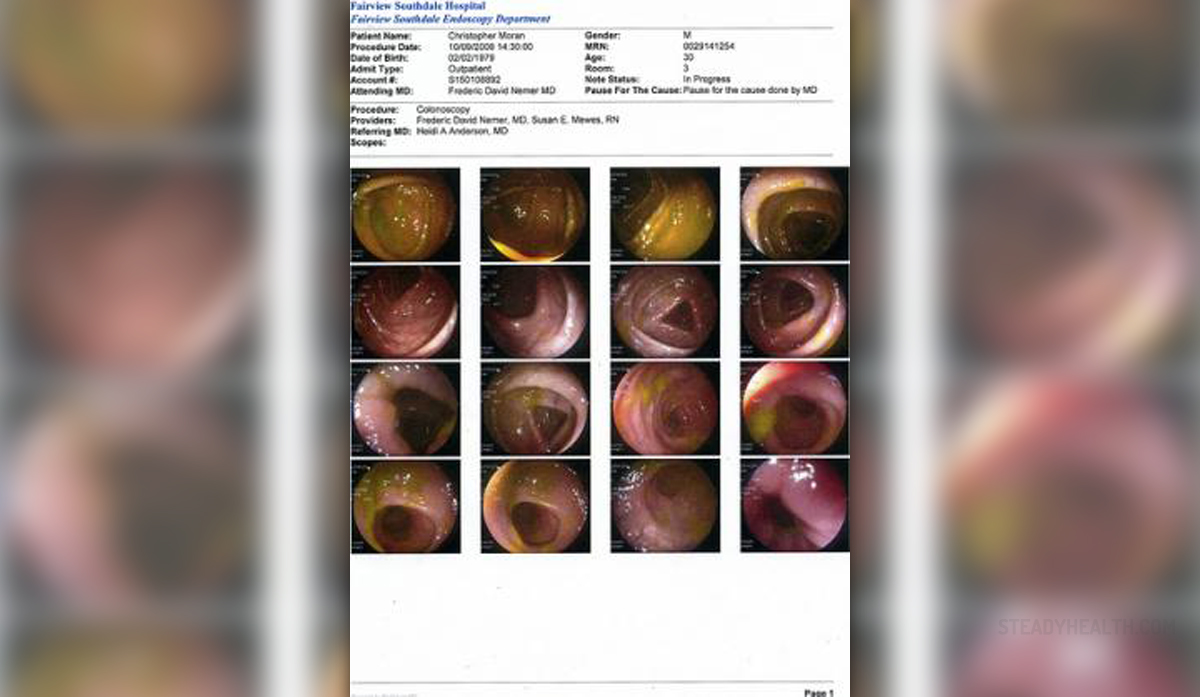
Colonoscopy
Colonoscopy is a diagnostic procedure which includes visualization of the mucous membrane of the colon and rectum. It involves insertion of tiny little camera into the colon and is performed by well-experienced gastroenterologist. This medical procedure is excellent in setting of the diagnosis of numerous illnesses of the lower gastrointestinal tract. Even though it is considered rather safe procedure even colonoscopy carries certain risks.
The Very Procedure
Prior colonoscopy the patients are administered a sedative injection. It makes them feel a bit drowsy. In some cases even complete anesthesia is possible. What follows is insertion of the colonoscope through the anus into the rectum and further into the colon. While pulling out the colonoscope the doctor examines every single part of the colon trying to notice certain structural changes. The picture taken by the camera is directly transferred onto the screen. This medical procedure also allows the doctor to take samples from suspicious parts of the colon. These samples are then sent to pathohistological examination. The whole procedure lasts approximately 40 minutes.
Colonoscopy Risks
This is a routine procedure which means that complications occur rarely. Still, they are possible and most commonly affect elderly people. This is why all the patients need to sign an agreement with the doctor or hospital that they are familiar with the potential risks. The patients are well informed in advance about all the possible complications of colonoscopy.
There are certain risk factors which may increase occurrence of complications. They include pregnancy, acute heart conditions, severe bowel obstruction, necrosis of the colon, aortic aneurysm, acute peritonitis, acute abdominal pain, problems with coagulation and kidney diseases.
Apart from risk factors even people of good general health may face complications. Bleeding is not a common complication of colonoscopy. However, it may occur. It predominantly affects elderly patients and once it has occurred it significantly interferes in the procedure. The doctor pays great attention and the colonoscopy is performed slowly and this complication is in majority of patients successfully avoided.
Another possible complication is a tear in the intestine. This complication is caused by the instrument. If perforation is small the patients are given antibiotics and a few more medications and are advised to stay in bed. Large perforation can lead to severe complications.
Patients who are allergic to certain medications that are administered during anesthesia may experience allergic reaction. This can be avoided if the patient reports all the allergies prior the procedure.
And finally, in case that the colonoscope is not sterile there is chance of infections.


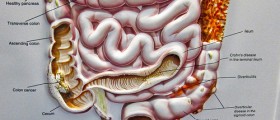
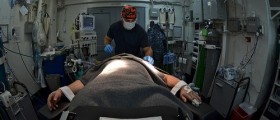


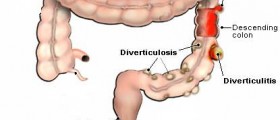


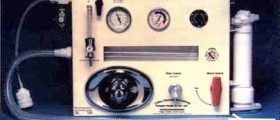




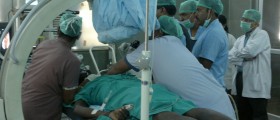


Your thoughts on this
Loading...